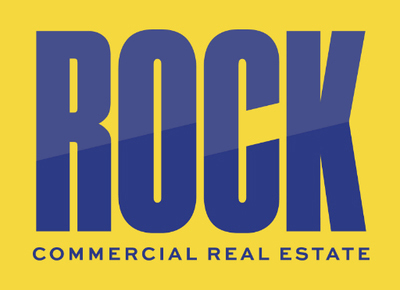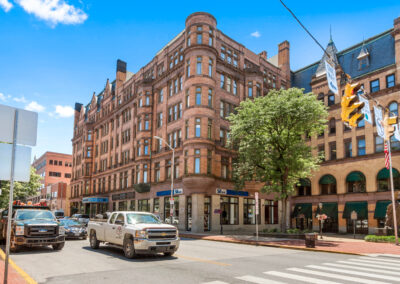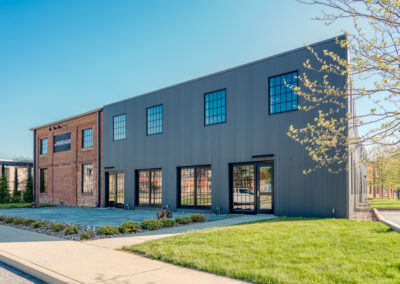by Drew Steffens | 3 min. read
In the decades following World War II, populations in American cities have ebbed and flowed as each generation starts a family and loads up the car to claim their plot of land in Suburbia. Contrary to early predictions, Millennials have proven no exception. Rather than choosing to remain in cities indefinitely, migration out of the city is simply occurring later than previous generations. Lower cost of living, larger home sizes, and the allure of open space contribute to outward migration.
The influence of Millennials and GenZ has spurred a real estate phenomenon dubbed “Hipsturbia”. Hipsturbia brings all the staples of an urban Hipster neighborhood complete with coffee shops, craft breweries, farmer’s markets, art districts and creative apartments and places them in a suburban setting. The key is to provide a diverse mix of amenities within a walkable community. Driving your car misses the essence of what Hipsturbia is.
The trend had its start in Brooklyn when the New York City borough began its early 2000’s renaissance. High rents in Manhattan pushed working professionals to seek affordable rents in surrounding areas. This spurred re-development projects that transformed aging brownstones and industrial warehouses into eclectic residential and commercial uses. Businesses catering to this influx of new arrivals soon followed along with employers desiring to be near their young tech savvy workforce. A prime example of this is New Lab, an 84,000 square foot coworking space in Brooklyn dedicated to tech innovation and entrepreneurship.
"Central PA is proving to be fertile ground for Hipsturbia given its proximity to major metros, attractive housing prices, and a growing young professional workforce."
While most pronounced in suburbs of major metros including New York City, Los Angeles and Chicago, elements of Hipsturbia are beginning to emerge in tertiary markets throughout the country including Central Pennsylvania. Central Pennsylvania is proving to be fertile ground for Hipsturbia given its proximity to major metros, attractive housing prices, and a growing young professional workforce.
Cities like York and Lancaster are ever enhancing their small city vibe in providing walkability to the staples of an urban hipster neighborhood. The residential component is key, and the increasing availability of residential projects tailored to young professionals has allowed the population to truly live, work and play without commuting to a large city.
One of the most tangible and influential examples of Hipsturbia in our region has been the proliferation of craft breweries and eateries. We have seen once difficult to lease vacant or unique spaces provide highly desirable venues for breweries and restaurants. They have been wildly successful in acting as catalysts to attract foot traffic in downtowns.
As a testament to this phenomenon, the small city of Hanover, Pennsylvania boasts the most breweries per capita in the mid-state at 1 brewery for every 3,275 residents*. This number is on par with Federal Hill, a trendy Baltimore neighborhood, that has 1 brewery for every 3,875 residents*. The craft brew trend remains strong in Hanover with the recent additions of Sign of the Horse Brewery and Fat Bat Brewing Company.
*within 1 mile radius
As communities seek the winning formula to revitalize their towns, cultivating their own Hipsturbias may be their saving grace. By touting urban amenities at a lower cost, communities are likely to attract more than young professionals. Retiring Baby Boomers are also in search of affordable, walkable communities to live, work and play in their own phenomenon dubbed The Silver Tsunami. Just when we thought these generations could not be more different, it may be that Millennials and Baby Boomers will work together to drive prosperity back to our downtowns.






